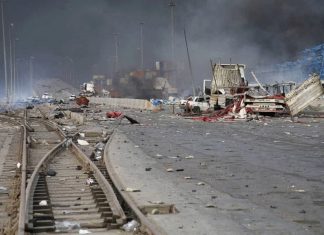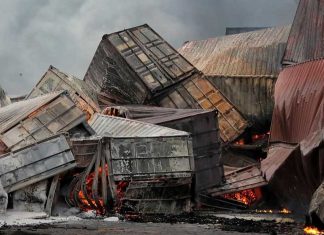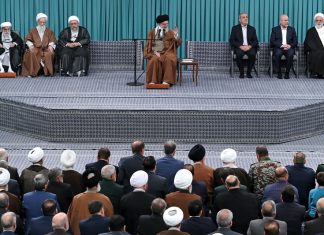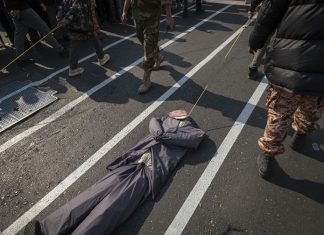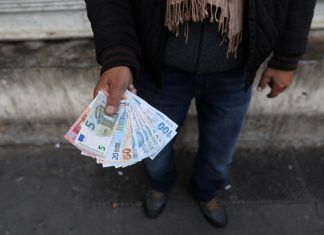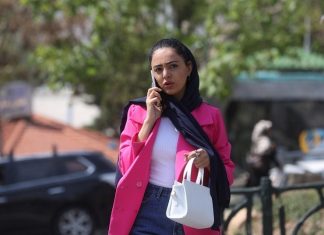The Iranian stock market fell and gold prices rose following a U.S. drone strike at Baghdad’s International Airport on January 3 that killed the commander of the Islamic Revolutionary Guards Corps’ Qods Force (IRGC-QF) Brigadier General Ghasem Soleimani.
General Soleimani’s assassination has escalated tensions between Iran and the U.S., bringing the two countries closer to the brink of military confrontation.
Rising tensions between Iran and the U.S. have prompted many Iranian investors to take their money out of the stock and investment markets.
Shares for many companies trading on the Tehran Stock Exchange (TSE) took massive hits. Among those worse affected were Isfahan Mobarekeh Steel Company (FOLD1), Golgohar Mining, and Industrial Company (GOLX1), MAPNA Group (MAPN1), and Petrochemical Industry Commercial Company (PARS1).
The foreign exchange market (Forex) and gold prices also reacted to Soleimani’s death.
[aesop_image img=”https://kayhanlife.com/wp-content/uploads/2019/02/2016-01-17T120000Z_1687076290_GF20000097649_RTRMADP_3_IRAN-NUCLEAR-ECONOMY.jpg” panorama=”off” credit=”FILE PHOTO: An investor looks at a tablet supplying stock market information about listed companies on the Tehran stock exchange in Tehran, Iran. REUTERS ” align=”center” lightbox=”off” captionsrc=”custom” captionposition=”left” revealfx=”off” overlay_revealfx=”off”]
“Such events [death of Soleiman] have the biggest impact on short-term investments,” Amir Ali Amir-Bagheri, a stock-market investment analyst said in an interview with the Islamic Republic News Agency (IRNA). “Investors with medium-term and long-term goals do not react hastily to a volatile market.”
The Suleimani episode ” will not have a massive impact on the market in the long run,” Mr. Bagheri explained. “It will raise the risk factor in the investment market, but it will not have a huge impact on the country’s economy.”
“We are in the middle of a soft war,” Bagheri pointed out. “The economy is one of the principal components of this conflict. It is the first thing the enemy attacks.”
Immediately after the attack, the exchange rate jumped from 132,000 rials to 137,400 rials to a dollar. The rial also did poorly against other foreign currencies. At the close of the market on January 4, the exchange rate was 153,000 rials to a euro and 37,300 rials to a United Arab Emirates (UAE) Dirham.
The price of a Bahar Azadi gold coin (weight 8.13g, diameter 22mm) rose by nearly $120 to $1,170.
[Translated from Persian by Fardine Hamidi]

